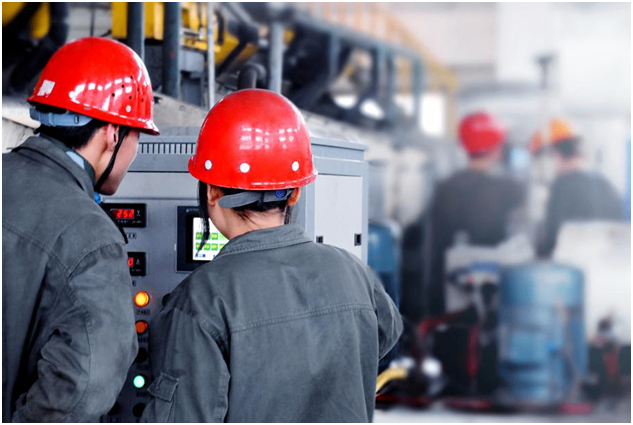In modern factories, machinery and equipment are great contributors. Whether it is the assembly line of a large factory or the professional tools of a small enterprise, how fast they operate is directly related to whether the enterprise can make more profits. However, many enterprises only focus on price, performance, and brand when purchasing machines, but forget about after-sales service. In fact, good after-sales service can enable machines to work stably for a long time, keep enterprise production running, and also help save money. SUMEC International Technology Co., Ltd. not only has rich mechanical product resources but also provides supporting services in after-sales service to ensure that users can purchase equipment with peace of mind and use it with confidence.
Image Source:699pic.com
How important is after-sales service? Let's take a look together.
It is well understood that the performance of any machine will decline after long-term use. For enterprise customers who have spent real money, they naturally hope to use the equipment for as long as possible. To achieve this, regular after-sales maintenance of the equipment is required. After-sales service can help conduct comprehensive inspections, cleaning, lubrication, adjustment, and parts replacement for the machine, keeping it in good condition at all times. For example, if the excavators on a construction site are not maintained regularly, the engine and hydraulic system will suffer severe wear, reducing work efficiency and affecting the construction schedule. If a professional team conducts regular maintenance on these excavators, problems can be detected in a timely manner, vulnerable parts can be replaced, and the service life of the excavators can be extended.
Another common situation is machine failure. Machine failures can occur for various reasons, such as human operational errors, excessive machine usage leading to part wear or aging, or unexpected situations such as system software problems that cause the entire equipment to stop operating. Once a machine breaks down and cannot be repaired in a timely manner, production will stop, resulting in huge losses. For example, if the filling machine in a food factory breaks down and cannot package products, without after-sales service, it will take a lot of time to find someone to repair it and find parts, leading to factory shutdown, failure to deliver orders, and even compensation. With good after-sales service, they can come to repair it quickly, reducing downtime and losses. Therefore, when purchasing equipment, enterprises also pay great attention to stipulating after-sales service guarantee clauses in the purchase contract, such as the free after-sales service period, free replacement of some spare parts, after-sales service response speed, service fees at each stage, etc. These are all to ensure that when equipment problems occur, the corresponding after-sales service can be obtained and the problems can be solved in the fastest time.
A large part of after-sales service is the regular maintenance of equipment. Regular maintenance can enable machines to operate stably for a long time. This is actually easy to understand, as it is equivalent to identifying potential problems and hidden dangers through regular inspections, so as to prevent problems before they occur and avoid being flustered when problems arise. Generally, the after-sales service team will formulate a maintenance plan according to the machine type, usage environment, and frequency. For example, cranes need to be cleaned and lubricated weekly, bolts checked monthly, safety devices tested quarterly, and vulnerable parts replaced annually. This can timely detect potential problems and deal with them in advance to avoid failures.



